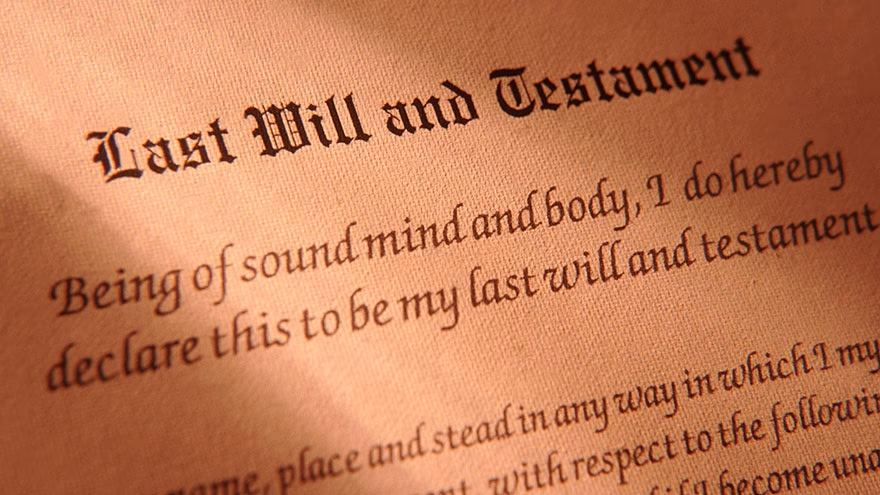Terms
Key terms used when dealing in probate: a decedent is the deceased individual; an estate is property, tangible or intangible, that is left by the decedent; when a decedent dies without a will, that is called intestate; and intestate succession is the order in which property is distributed to the heirs of a decedent.
Basics
When an estate goes through probate, the courts oversee the distribution of a decedent's property.Having a will makes the process of figuring what goes to whom much easier; still, if there is no will to follow as a guide, the courts will use the laws of intestacy.

The Uniform Probate Code
The Uniform Probate Code, which has been adopted by 18 states, is a guideline for distributing property to the spouses of decedents who die intestate.
Petitions And Hearings
A petition for probate is to be filed in the county where the decedent was living at the time of his or her death, not the county where the decedent actually died.
Avoiding Probate
With proper estate planning and the help of lawyers, probate can be avoided.Several ways to plan include: creating living trusts; giving gifts while still alive; and keeping joint property with intended heirs.
You Might Also Like :: What Is an Enduring Power of Attorney?
Save for later
Found this helpful?
Pin this article to your Pinterest board and come back to it whenever you need a reminder.
Save to Pinterest


